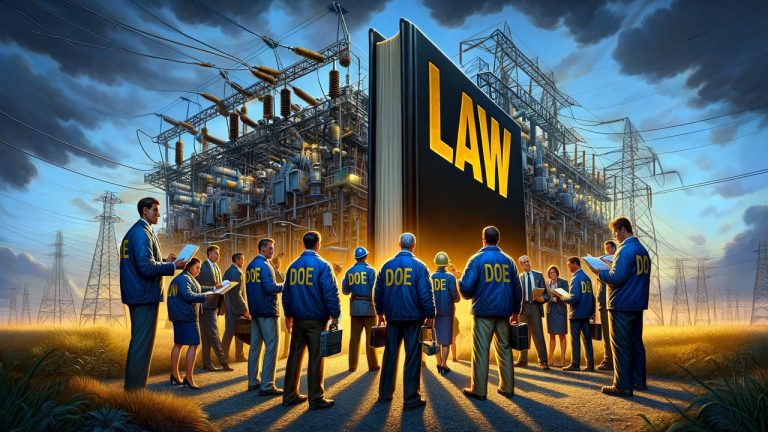
Blockware Solutions analyst Mitchell Askew says fears around post-halving Bitcoin mining profitability are baseless as crypto miner stock prices have tumbled.
Investor confidence in the Bitcoin (BTC) mining sector’s profitability after the cryptocurrency halves its rewards has sent Bitcoin mining shares in the United States and abroad tumbling — but those fears aren’t well founded, an industry analyst said.
“Investors will realize their fears were mostly unsubstantiated,” said Mitchell Askew, head analyst at Bitcoin mining firm Blockware Solutions. He cited post-halving profitability concerns and Bitcoin’s 7.5% price fall over the last week as the main catalysts behind miners’ falling stock prices.
Marathon Digital (MARA) and Riot Platforms (RIOT), two of the largest BTC miners, have seen their share prices tank around 53% and 54%, respectively, since their February year-to-date (YTD) highs, according to Google Finance.



 Following legal action initiated by Riot Platforms and the Texas Blockchain Council against the U.S. Department of Energy (DOE), the department’s statistical branch, the Energy Information Administration (EIA), has put a temporary hold on its bitcoin mining survey and quarantined the data gathered to date. DOE Puts Bitcoin Mining Inquiry on Hold Amid Legal Challenges […]
Following legal action initiated by Riot Platforms and the Texas Blockchain Council against the U.S. Department of Energy (DOE), the department’s statistical branch, the Energy Information Administration (EIA), has put a temporary hold on its bitcoin mining survey and quarantined the data gathered to date. DOE Puts Bitcoin Mining Inquiry on Hold Amid Legal Challenges […]











